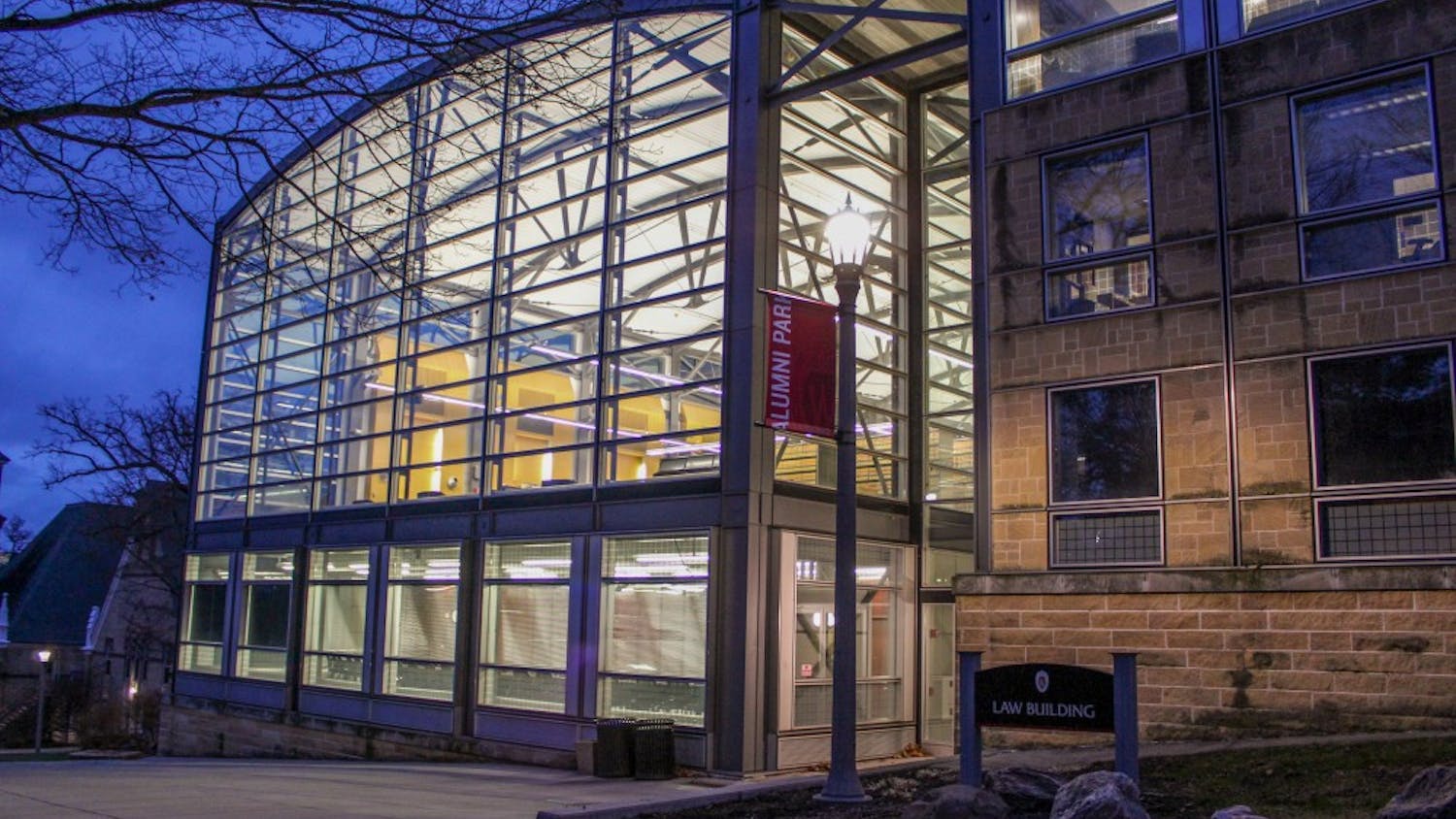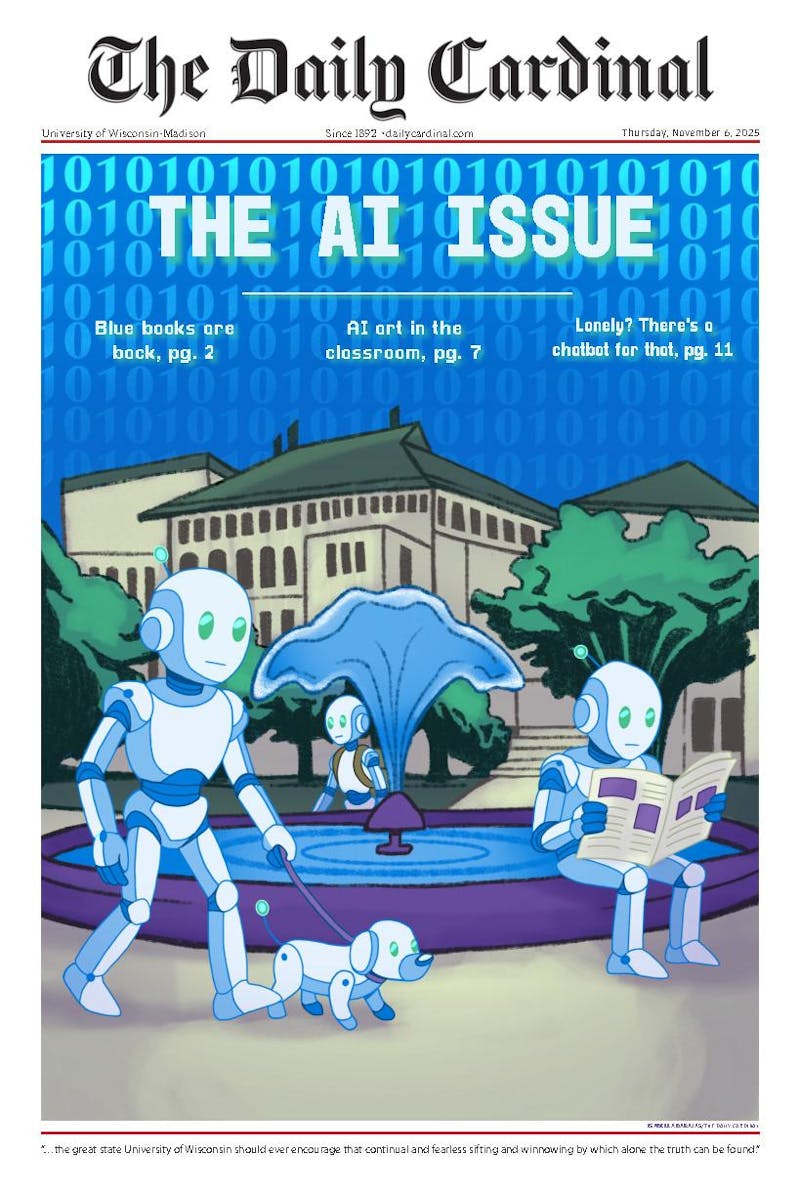Jamie Pollard, UW-Madison deputy athletic director, will become the athletic director at Iowa State University starting Oct. 1, according to the UW-Madison Athletic Department. He will replace Iowa State Athletic Director Bruce Van De Velde, who announced his resignation Aug. 8.
UW-Madison Athletic Director Barry Alvarez congratulated Pollard on his exceptional work running the day-to-day operations of the 23-sport and $72 million UW-Madison athletic department. \Jamie will be sorely missed at UW-Madison, and he will be an immediate impact player in the Iowa State Athletic Department,"" Alvarez said.
While deputy director at UW-Madison, Pollard served as both the athletic department's chief financial officer and as the sports administrator for the men's and women's basketball programs.
As Iowa State's athletic director, Pollard will manage the $29 million intercollegiate athletics program, consisting of 11 women's sports and seven men's sports.
Wisconsin taxpayers will save $16 million dollars a year over the next four years under a plan that will allow the state to purchase the goods and services it uses for less, according to a statement from Gov. Jim Doyle's office.
The new contracts for obtaining cheaper supplies are part of the Accounability Consolidation Efficiency initaitve. The initiative is expected to save taxpayers a total of $200 million over the next four years.
The state achieved this ""leveraged purchasing power"" through a system of competitive bidding, with vendors vying to set up contracts with the state.
Janitorial supplies, software, computer equipment, information technology services and office supplies are some of the products and services the state will receive at reduced rates.
A new study by the University of Wisconsin Comprehensive Cancer Center found that non-smoking bartenders in Madison suffer from more respiratory problems when they work in smoky bars than when they work in smoke-free bars.
The Center surveyed 700 bartenders and found that one-fourth of the workers had more respiratory ailments than normally would be expected. The symptoms included in the survey were red or irritated eyes, runny nose, sore or scratchy throat, and coughing up phlegm.
Dr. Patrick Remington, a contributing author of the study, said bartenders that smoked did not suffer additional respiratory ills.
Sixty percent of non-smoking bartenders considered second-hand smoke as moderately or extremely serious. Almost one-third of smokers saw little or no risk from second-hand smoke and 41 percent saw a moderate risk.





